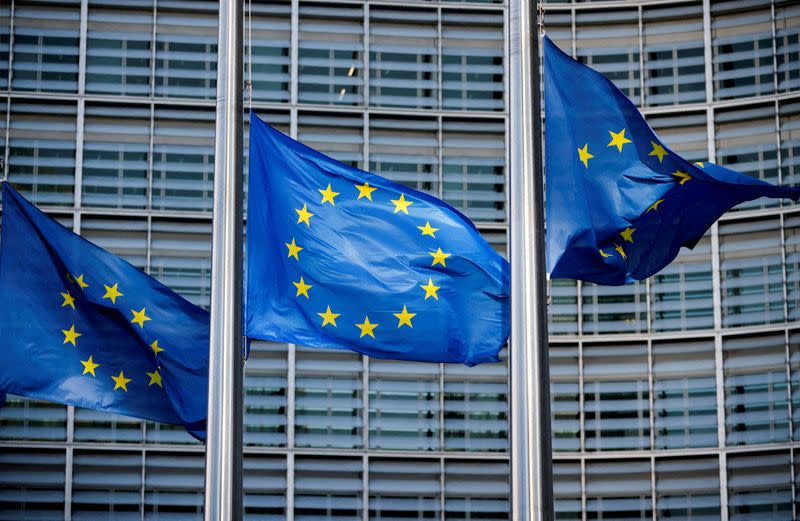Central European countries amp up pressure on EU over German gas tariff

By Kate Abnett
BRUSSELS (Reuters) -Four central European countries have stepped up pressure on Brussels to act against Germany over a gas tariff they say undermines their energy security, a document seen by Reuters showed.
The levy is a legacy of the energy crisis that peaked in 2022 after Moscow slashed gas flows to Europe. It places an extra fee on fuel taken out of Germany's gas storage, to try to recoup the billions of euros it spent on buying non-Russian gas at sky-high prices to avoid fuel shortages.
Austria, the Czech Republic, Hungary and Slovakia have said the measure hurts their efforts to quit Russian gas, by making it more expensive to buy non-Russian fuel delivered via Germany.
In the joint document, the four countries urged the Commission to "put words into concrete actions" to solve the issue.
The Commission has prepared legal action against Germany over the tariff, seen as flouting the EU's single market rules, according to people familiar with the matter, but, so far, has not launched a lawsuit.
"Together with the scheduled end of transit of Russian gas via Ukraine by the end of this year, the levy will significantly reduce the security of supply of the whole CEE (Central and Eastern Europe) region," the four countries said.
Austria and Hungary remain heavily dependent on Russian gas. Austria's energy minister said in February the country is struggling to diversify its supplies and her ministry is looking into ending energy company OMV's long-term gas contract with Russia.
EU countries' energy ministers and the Commission are expected to discuss the German levy at a meeting in Brussels on Thursday, EU officials said.
A spokesperson for Germany's economy ministry said the government was in contact with other EU countries and the European Commission to find a solution.
The ministry has previously said the levy is nondiscriminatory and other EU countries had benefited during the energy crisis from Germany rapidly filling its gas storage, the biggest in the bloc.
EU single market rules forbid tariffs on trade between member countries.
(Reporting by Kate Abnett; additional reporting by Riham Alkousaa; Editing by Sriraj Kalluvila)